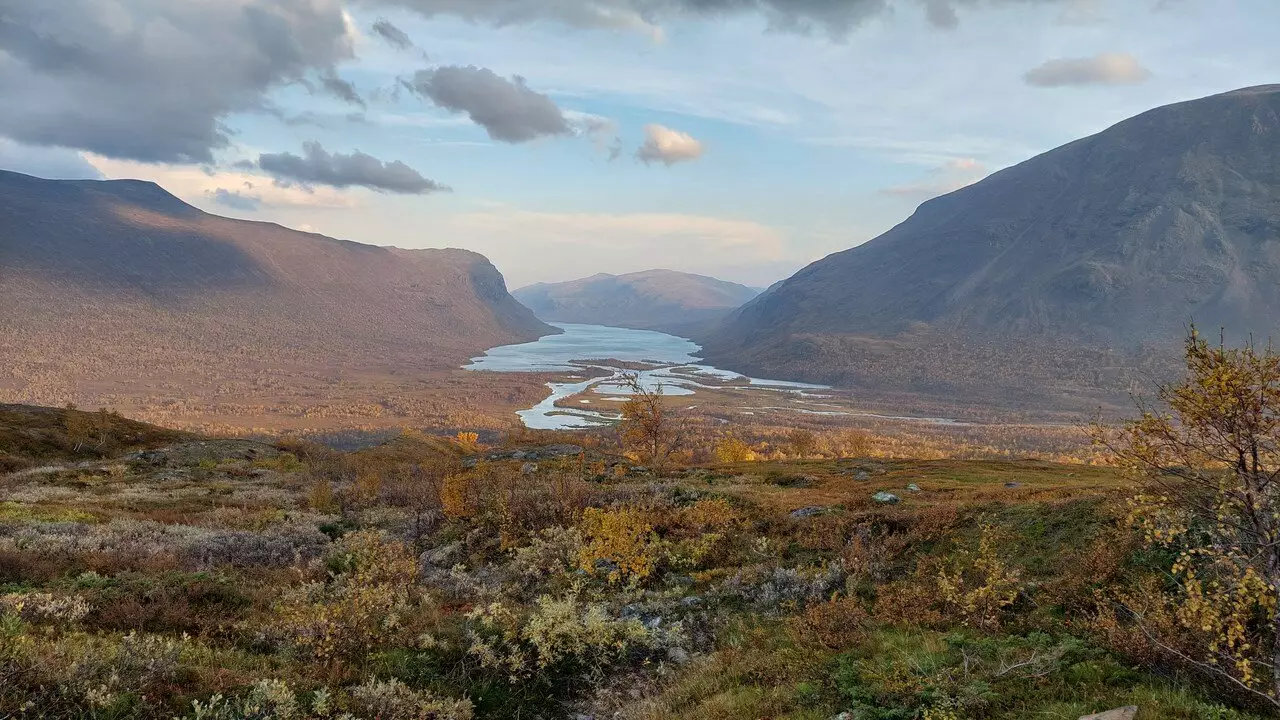As concerns regarding climate change intensify globally, scientific research is continuously evolving to better understand the intricate dynamics of our planet’s carbon cycle. One crucial yet often neglected component in climate assessments is the role of inland waters—streams, rivers, and lakes—in releasing greenhouse gases. Recent studies, particularly those from Umeå University, spotlight the urgent need to reevaluate the carbon fluxes between terrestrial and aquatic systems, particularly in cold regions experiencing rapid warming.
A comprehensive analysis led by researchers from Umeå University and Sichuan University has unveiled startling information regarding greenhouse gas emissions from more than 3,000 lakes and rivers throughout the Northern Hemisphere. Previously, the emissions produced by these bodies of water were vastly underestimated. The study reveals that inland waters, particularly in cold climate regions, emit carbon dioxide and methane in amounts significant enough to potentially counterbalance the carbon dioxide uptake observed in surrounding terrestrial ecosystems. This shift in understanding emphasizes that many climate assessments fail to capture the true scope of greenhouse gas emissions, particularly in these marginalized ecosystems.
The Rapid Warming of Cold Regions
Cold regions and high-elevation areas, already some of the planet’s most vulnerable ecosystems, are warming at alarming rates—up to four times faster than the global average. This rapid climatic change not only disrupts the ecological balance but also results in the accelerated release of greenhouse gases sequestered in permafrost and other substrates. Professor Jan Karlsson from Umeå University highlights that this thawing is not just an isolated environmental phenomenon; it carries significant implications for climate change feedback loops. The relationship between thawed permafrost and carbon emissions poses a dire warning: as more permafrost thaws, even more greenhouse gases are released, aggravating the climate crisis.
Current methodologies for assessing the carbon cycle predominantly focus on terrestrial exchanges, often overlooking the extensive carbon transport from land to various water bodies. Karlsson argues that this oversight leads to misguided conclusions about greenhouse gas emissions and storage. The interaction between land and water systems is intricate and requires attention to detail that current models fail to capture adequately. This gap points toward an urgent need for research that spans across disciplines to forge a comprehensive understanding of how these systems affect and are affected by climate change.
To navigate the complexities of the land-water carbon cycle effectively, interdisciplinary collaboration is essential. Karlsson advocates for research infrastructures and funding opportunities specifically designed to support integrated studies. As climate science advances, so too must our methodologies; ignoring the multifaceted relationships between different ecosystems only hampers our ability to create effective climate mitigation strategies.
Multiple studies highlight the variations in greenhouse gas emissions stemming from different water systems, such as rivers versus lakes. This suggests that regions with significant permafrost coverage possess unique challenges and risks in terms of greenhouse gas emissions, once again underscoring the necessity of tailored research programs that address the specific characteristics and climate conditions of various landscapes.
The findings from Umeå University and Sichuan University compel us to realize the underestimated role that inland waters play in the carbon cycle and climate change. As we face the repercussions of rapid warming, particularly in vulnerable cold regions, integrating research on land and water systems becomes more critical than ever. A holistic view of the carbon cycle that includes these essential elements promises deeper insights into both the challenges and solutions for our rapidly changing climate. The way forward lies in collaborative, nuanced research that can deliver the comprehensive understanding necessary to inform global climate policies and adaptation strategies effectively.


Leave a Reply